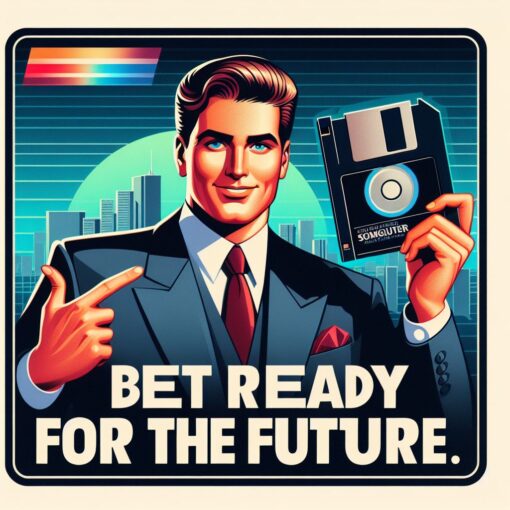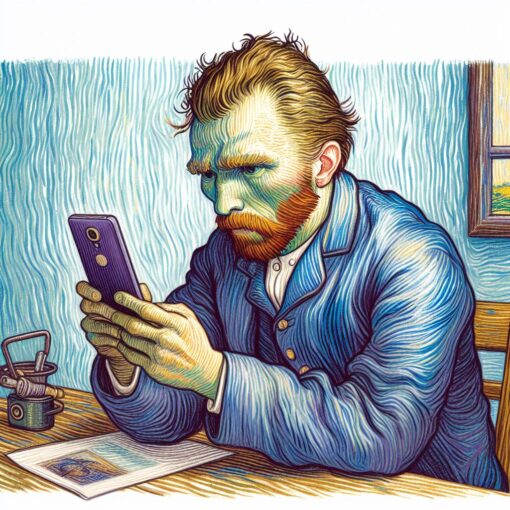In his compelling TED Talk titled “The Filter Bubble,” Eli Pariser delves into the intriguing world of personalized online content and its potential impact on our society. Pariser highlights the subtle shift in the way information circulates on the internet, emphasizing the critical role played by algorithms in shaping our online experiences. This article explores the key takeaways from Pariser’s talk and delves deeper into the implications of the filter bubble phenomenon.
The Evolution of the Internet
Pariser begins his talk by reminiscing about the early days of the internet, a time when it served as a gateway to the world, connecting people from all walks of life. He recalls his optimism about the internet’s potential to enhance democracy and enrich society. However, he cautions that the internet has undergone a significant transformation, one that often goes unnoticed but can pose serious problems if left unexamined.
The Filter Bubble
Pariser’s first encounter with the filter bubble phenomenon occurred on Facebook, a platform he frequented. As a self-described progressive with an open mind to conservative ideas, Pariser was surprised to discover that conservative voices had disappeared from his Facebook news feed. The reason behind this was Facebook’s algorithm, which had learned that Pariser engaged more with content from progressive friends and subsequently excluded conservative viewpoints without his consent.
This phenomenon is not limited to Facebook; other major platforms, including Google, also employ algorithms that personalize search results and content recommendations based on users’ past behavior and preferences. The result is a customized online experience for each user, where they are more likely to encounter content that aligns with their existing views and interests.
The Danger of Personalization
The danger lies in the unintended consequences of this personalization. While it may seem convenient to receive content tailored to our preferences, it can lead to an “echo chamber” effect, where users are exposed only to information that reinforces their existing beliefs. This can hinder critical thinking, limit exposure to diverse perspectives, and create a distorted view of reality.
Pariser argues that the filter bubble is eroding the democratic potential of the internet. Instead of connecting people to a wide array of ideas and perspectives, the internet is becoming an isolated, echo-chambered experience where users are shielded from uncomfortable or challenging viewpoints.
Preserving a Balanced Information Diet
Pariser suggests that we must rethink our approach to online content and the algorithms that curate it. Algorithms should not prioritize relevance alone; they should also expose users to content that is uncomfortable, thought-provoking, and important. To achieve this, transparency is key, and users should have control over the filtering criteria.
Pariser’s call to action is for tech companies like Facebook and Google to incorporate a sense of public responsibility and ethical considerations into their algorithms. They must ensure transparency in their decision-making processes, allowing users to understand and influence the content they are exposed to.
In Eli Pariser’s thought-provoking TED Talk, “The Filter Bubble,” he shines a light on the often invisible but far-reaching effects of personalized online content. As the internet continues to evolve, it is imperative that we address the filter bubble phenomenon and its impact on our society. By promoting transparency, ethical considerations, and user control, we can strive to preserve the democratic potential of the internet and ensure that it remains a platform that connects us all, fosters new ideas, and presents diverse perspectives.

What is personalization, and why is it a concern for the author?
What do you think could be done to address the issues raised in the video?




